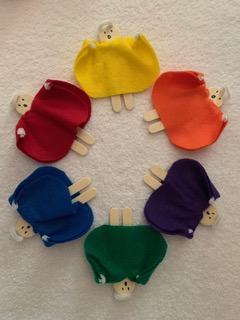By Dr. Marion Somers
Dehydration awareness is basically practical and the symptoms maybe experienced by adults as well as children. They may include: feeling thirsty, dark yellow or strong smelling urine, feeling dizzy or light headed, feeling tired, a dry mouth, lips and ears, infrequent urination less than four times a day.
Other symptoms of dehydration may include: bad breath, dry or flushed skin, fever and chills, headaches, or craving sweets.
Dehydration may happen if you have: diabetes, vomiting or diarrhea, too much exposure to the sun, drunk too much alcohol, sweating excessively after exercising, exposure to very high temperatures, or taking diuretics. You can reduce the risk of dehydration: by drinking more fluids, drinking water with small sips then gradually drink more, drink sufficient fluids so that your urine is a pale clear color.
Others who maybe at risk from a heatwave: the elderly, infants and young children, those with chronic health problems or disabilities, those who are overweight, individuals who don’t have air conditioning or those who work outdoors, and pets.
Some foods that contain high water content may help in the sweltering weather. Some water rich foods are: lettuce, celery, cucumber, tomatoes, watermelon, strawberries, cantaloupe, peaches, oranges and plain yogurt. If you are having salty foods drink some water for balance.
Since heat and sometimes water scarcity seems to be an ongoing issue, wisdom dictates to stay on the alert for dehydration for ourselves and those we are caring for.


